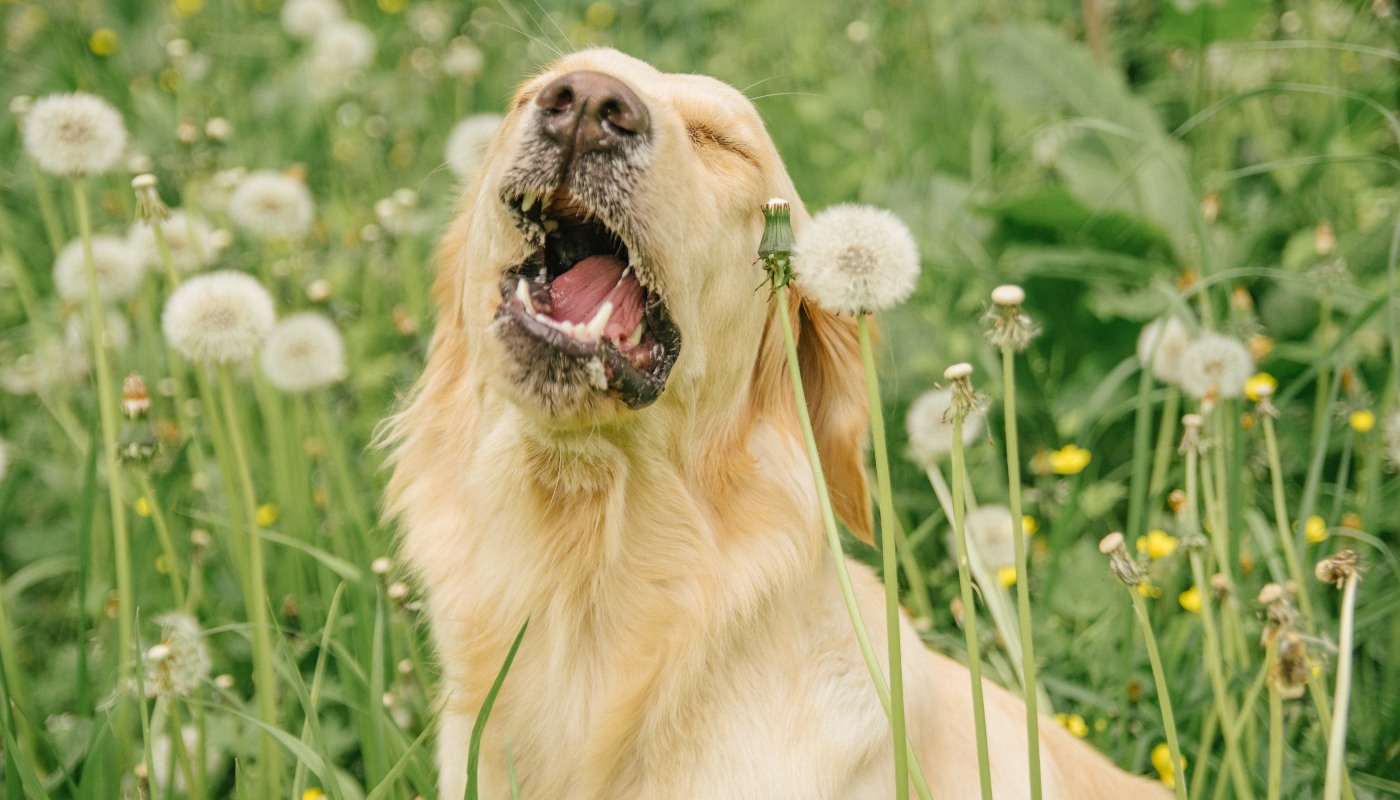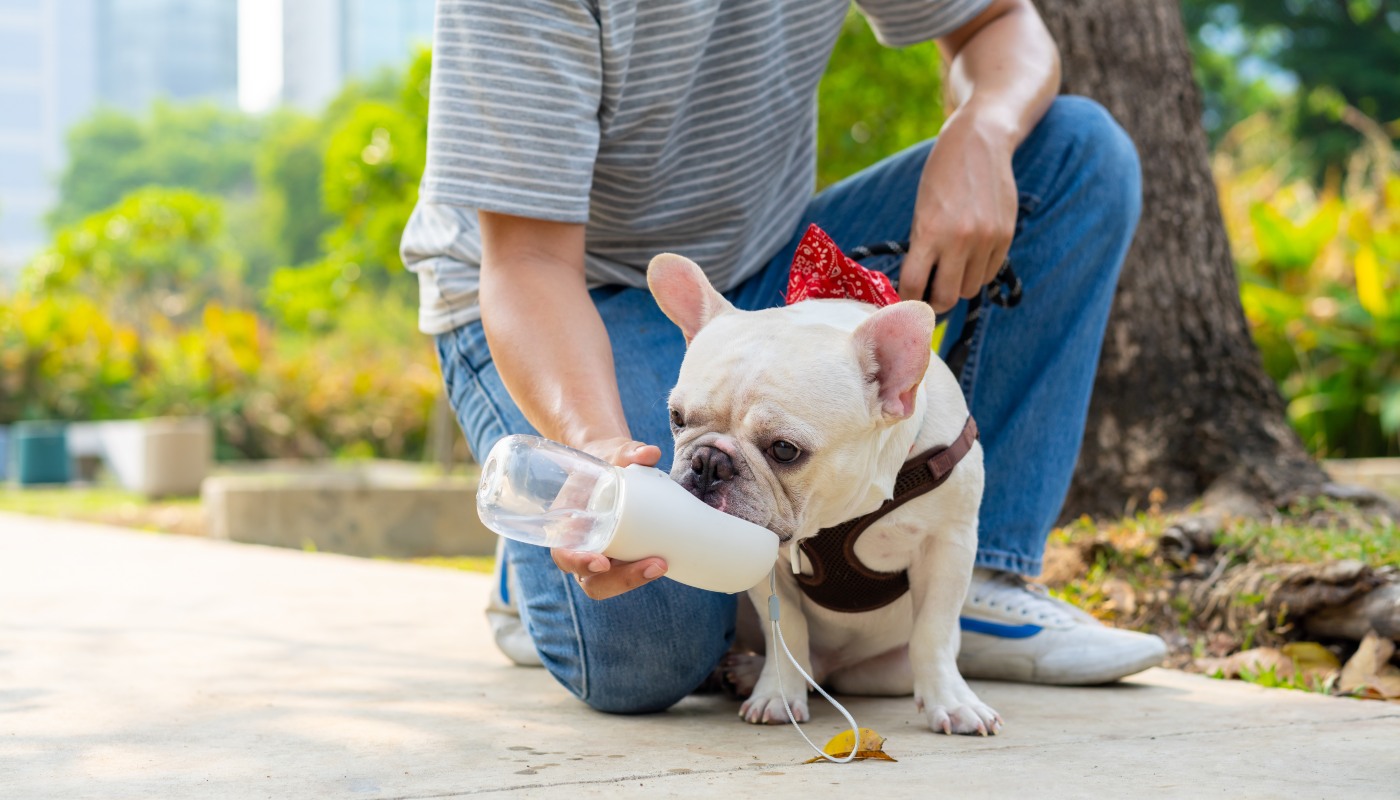What is reverse sneezing in dogs?
We tell you what reverse sneezing in dogs is, why it happens and whether it is really dangerous for your little friend. Don’t miss this article.
pets
Share

If you own a dog, you are bound to have seen him or her sneeze at some point, but what is reverse sneezing? Is it really dangerous? Reverse sneezing in dogs (also known as reverse cough in dogs) is a type of sneeze where the air isn’t pushed out through the nose, it is breathed in, towards the nasal passage itself. It is a reflex that the dog makes involuntarily, which sounds like snoring.
This situation can arise as a result of various factors, but is generally due to a narrowing in some part of the respiratory system.
Causes of reverse sneezing
If you are worried about reverse sneezing in dogs, the causes are easy to detect. It usually appears in moments of over excitement, excessive exercise, exposure to strong smells or due to the presence of allergies or respiratory infections. In addition, there are certain breeds of dog, such as chihuahua or bulldog, that are more prone to experiencing reverse sneezing because of their anatomical structure.
Although reverse sneezing can seem alarming, it isn't usually dangerous and normally lasts just a few seconds. During an episode of reverse sneezing, the dog may display some anxiety, symptoms like loud noises, stretching of the neck or arching. In these cases, the most important thing for owners to do is to stay calm and try to reassure your pet, otherwise symptoms could get worse.

Remedies to reduce reverse sneezing
There are specific remedies for reducing reverse sneezing in dogs, ensuring it affects the animal as little as possible:
- Avoiding constantly exposing your pet to strong smells like tobacco smoke or strong chemical products can help to reduce episodes of reverse sneezing.
- Giving them water can help to soften the irritation in their throat.
- Blowing gently on their face can help them to relax.
- Correcting their posture can be beneficial. Gently lifting the dog’s chest with your hands or making them sit in a vertical position can help their breathing.
It is important to know that reverse sneezing in dogs is not dangerous, in most cases it is harmless, but if the episodes of reverse sneezing continue, consulting your vet is advisable. A professional will be able to check your pet's health and rules out potential complications.






